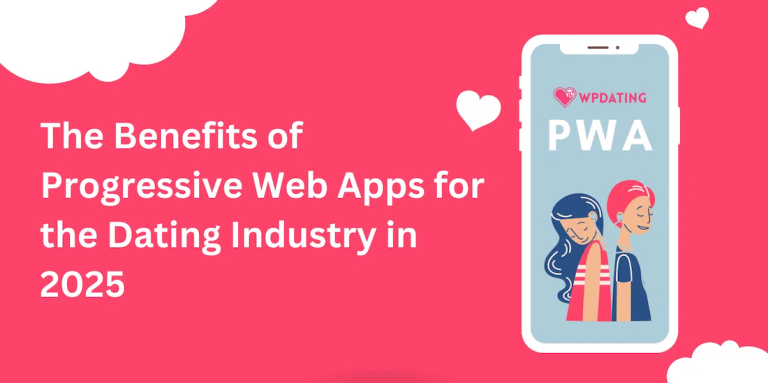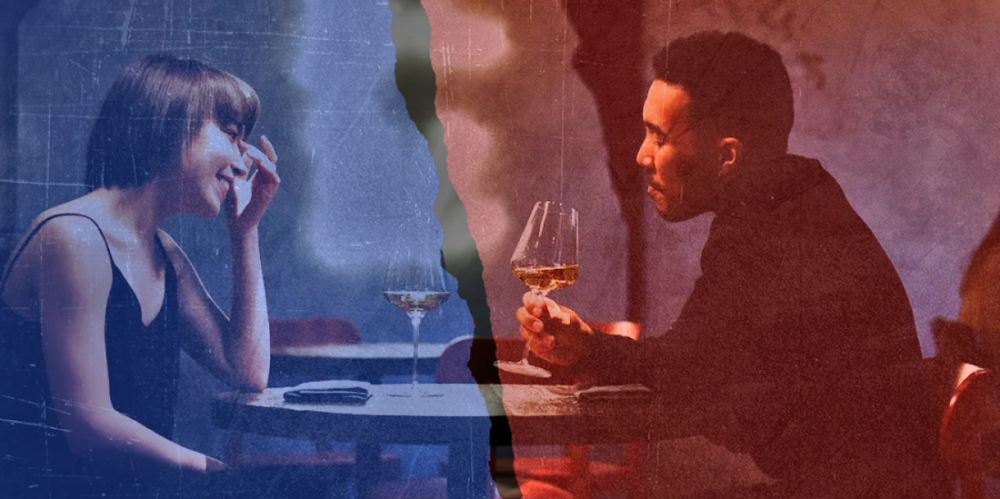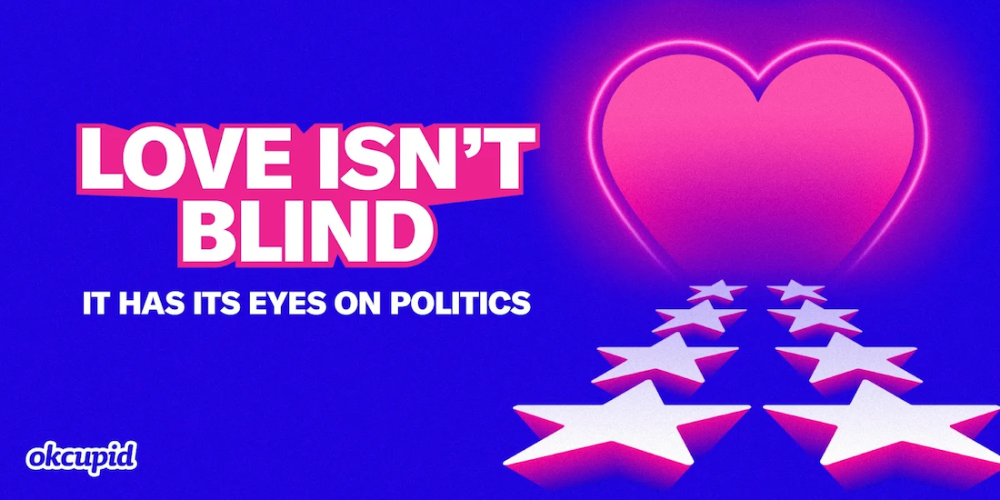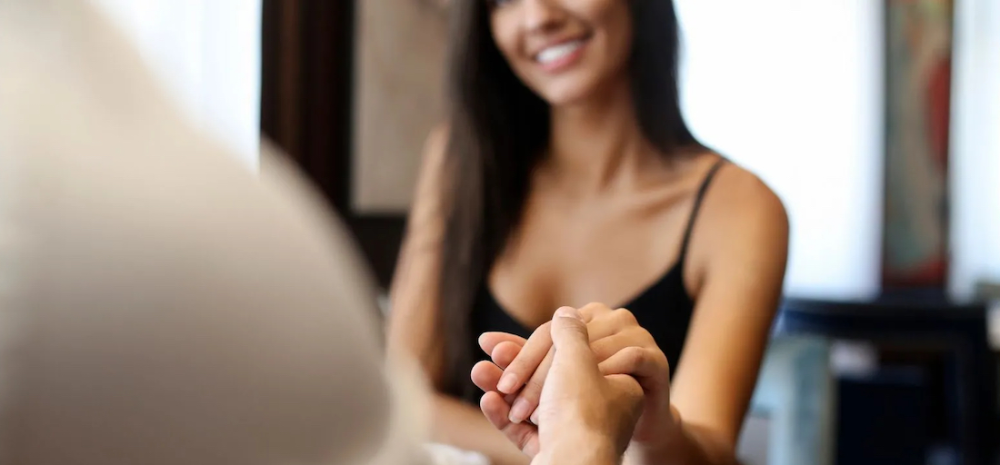
Rising polarization pushes liberals toward progressive matchmaking platforms as traditional apps struggle
New York, N.Y. – The landscape of digital romance is becoming increasingly polarized as political ideology takes center stage in modern dating decisions. A growing number of progressive singles are turning to specialized dating platforms designed exclusively for liberal-minded individuals, marking a significant departure from traditional mainstream dating applications.
Recent market analysis reveals that only 9% of singles considered political alignment “not important” when choosing a partner, according to American Perspectives Survey data. This dramatic shift has sparked the emergence of politically-focused dating platforms, with apps like TruuBlue positioning themselves as alternatives to conventional services.
Progressive Platforms Fill Growing Market Gap
TruuBlue bills itself as the “first and only” online matchmaker catering to social justice progressives, directly challenging the success of conservative-oriented platforms. The application joins a growing ecosystem of politically-aligned dating services that includes Lefty, Liberal Hearts, and other progressive-focused platforms seeking to connect ideologically compatible users.
The trend represents a significant departure from the universal approach adopted by traditional dating giants like Tinder, Bumble, and Hinge. These mainstream platforms have historically focused on broad appeal rather than political segmentation, but changing user preferences are forcing industry-wide reconsideration.
Dr. Sarah Martinez, a digital sociology researcher at Columbia University, explains the phenomenon: “We’re witnessing unprecedented political polarization spilling into intimate relationships. Young adults increasingly view political compatibility as fundamental to long-term partnership success.”

Conservative Counterparts Gain Momentum
The political dating divide extends beyond progressive platforms. Conservative alternatives like The Right Stuff have gained substantial traction since their 2022 launch. The app, co-founded by John McEntee, a Project 2025 strategist and former Donald Trump aide, features political prompts such as “Favorite liberal lie”, demonstrating the explicit political messaging characterizing these specialized platforms.
The dating divide is particularly stark for heterosexual couples, according to the Pew Research Center. In the Pew study of registered voters, men lean conservative, while women lean liberal at similar rates, creating what researchers term “ideological incompatibility” in traditional dating pools.
This gender-political alignment disparity has created unique challenges for heterosexual dating dynamics, with many users reporting difficulty finding compatible matches on mainstream platforms where political preferences weren’t historically prioritized.

Traditional Apps Respond to Political Demand
Mainstream dating applications are adapting to accommodate politically-conscious users. Several major platforms now offer enhanced filtering options allowing users to specify political preferences and display ideological affiliations prominently in profiles.
Bumble, known for its female-first approach, has implemented various progressive policies and positioning that appeals to liberal users. The Bumble dating app is known for being a liberal dating platform. The app has plenty of progressive policies, including banning photos that don’t meet their community standards.
Industry analysts suggest these modifications represent reactive measures to prevent user exodus to specialized political platforms. The challenge facing mainstream apps involves balancing political accommodation without alienating users across the ideological spectrum.
Digital Romance Faces Ideological Reality Check

The political dating phenomenon reflects broader societal polarization affecting various aspects of American life.
Dating app executives report increasing user feedback requesting political compatibility features, suggesting the trend will likely intensify rather than diminish.
Marketing research indicates that political affiliation now ranks among the top five deal-breakers for online dating users, competing with traditional concerns like age, location, and lifestyle preferences.
This shift represents a fundamental change in how Americans conceptualize romantic compatibility.
Relationship counselors note that political alignment increasingly serves as a proxy for deeper value compatibility, explaining why users prioritize ideological matching over other characteristics previously considered more important.
Future Implications for Digital Romance
The proliferation of political dating platforms raises questions about the future of cross-partisan relationships and social cohesion. Critics argue that ideological dating segregation may exacerbate political polarization by eliminating opportunities for meaningful inter-political dialogue and relationship building.
Supporters counter that political compatibility represents practical relationship foundation-building, arguing that shared values create stronger long-term partnerships. They point to increasing political tensions in families and friendships as evidence that romantic relationships require even stronger ideological alignment.
Industry projections suggest continued growth in politically-focused dating services, with venture capital investment flowing toward platforms serving specific ideological demographics. The trend appears poised to reshape the $8 billion online dating industry significantly.
As American political divisions deepen, digital romance platforms are evolving to reflect and potentially reinforce these societal rifts, fundamentally altering how future generations approach love and partnership in an increasingly polarized nation.
